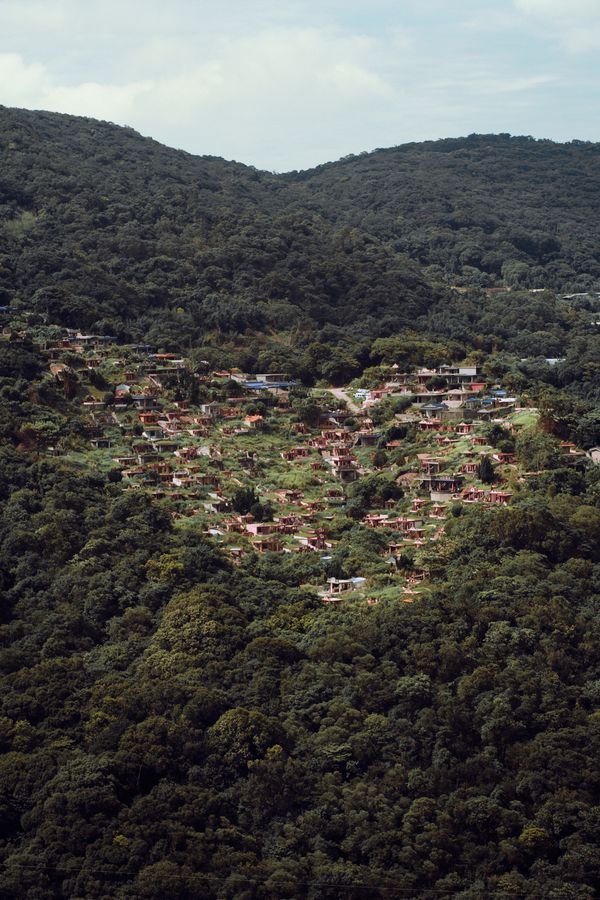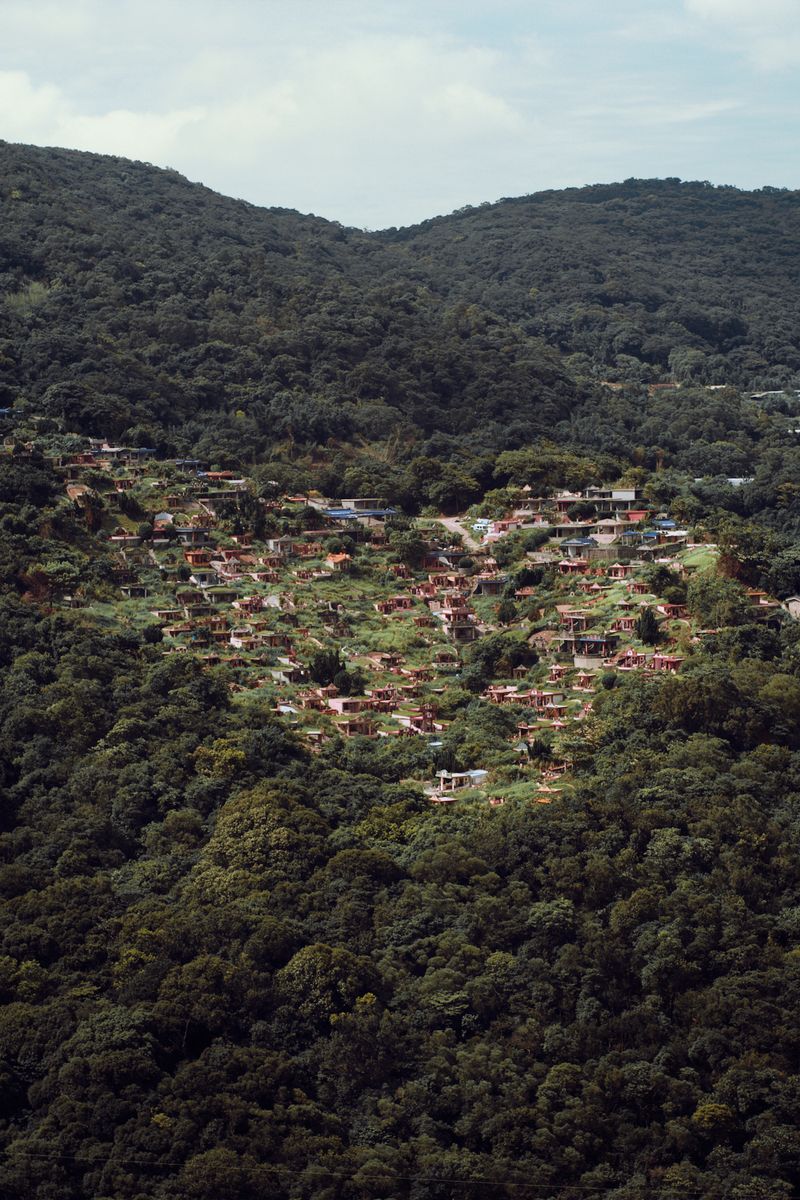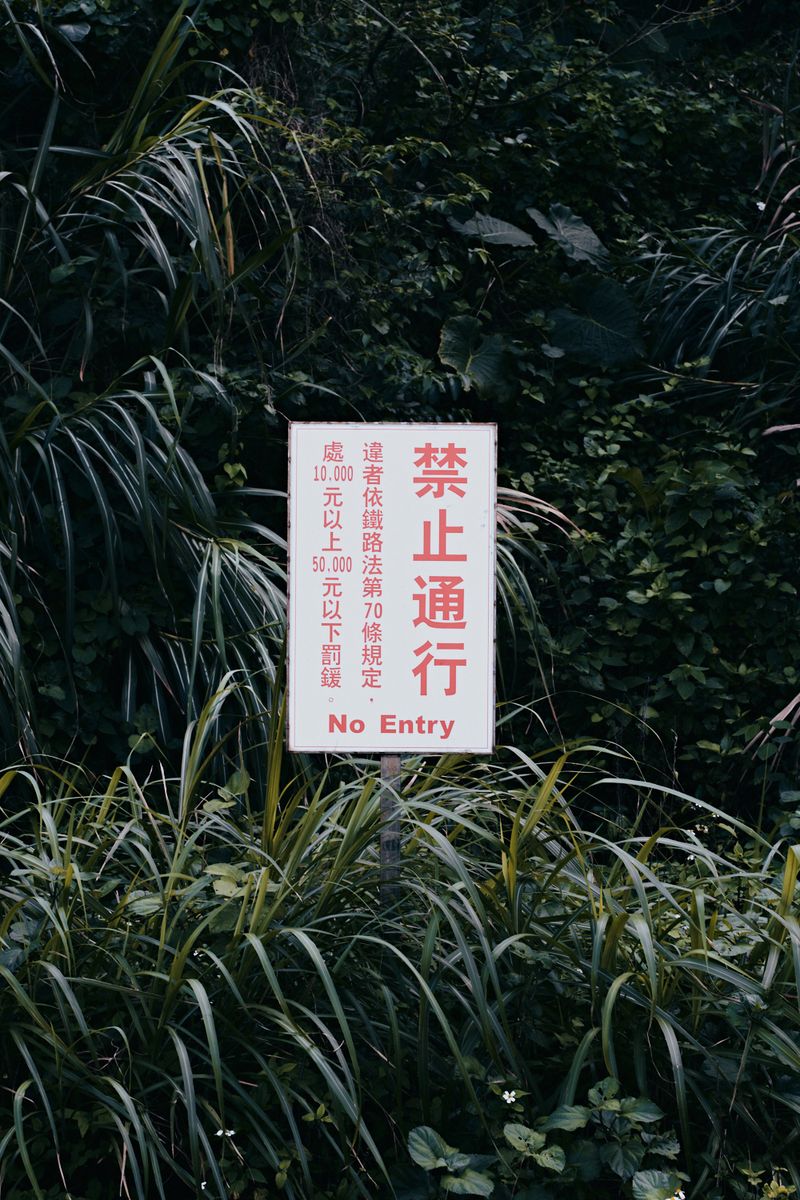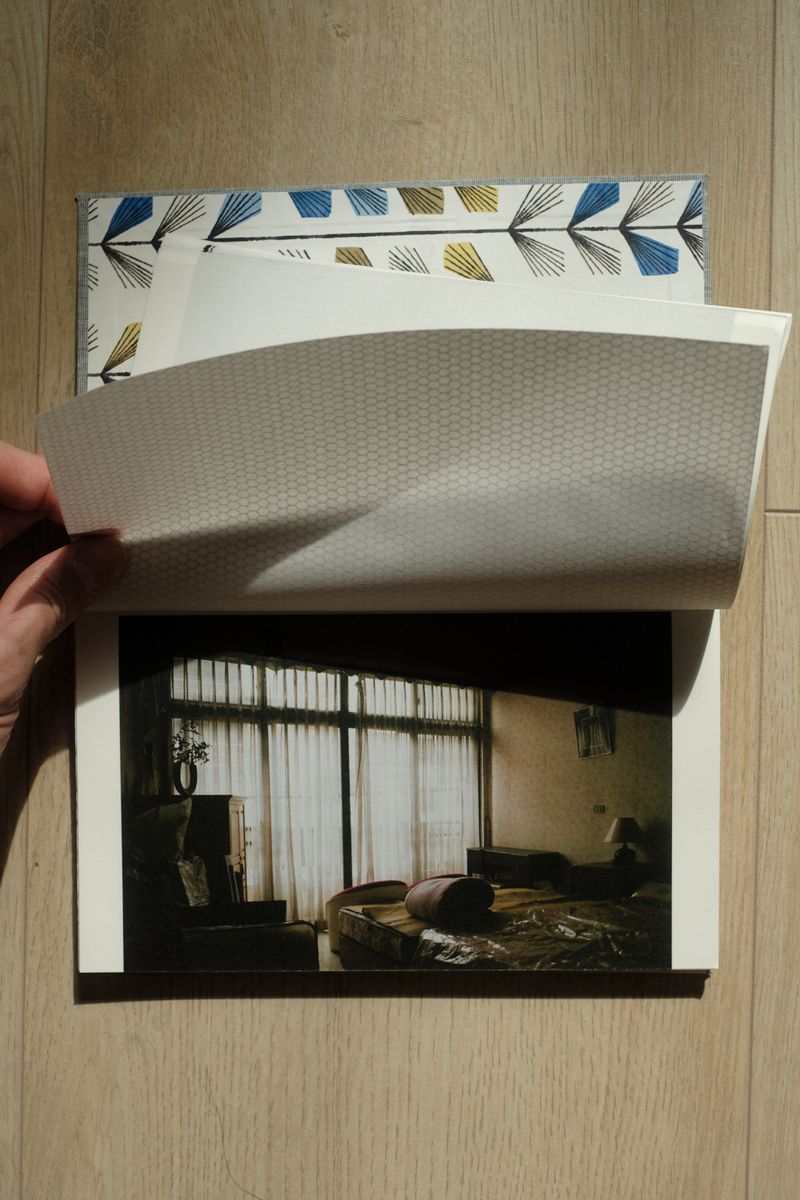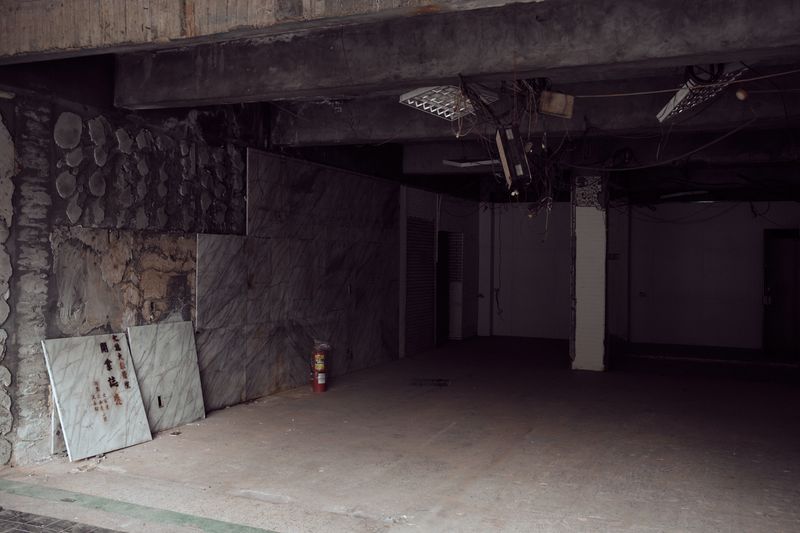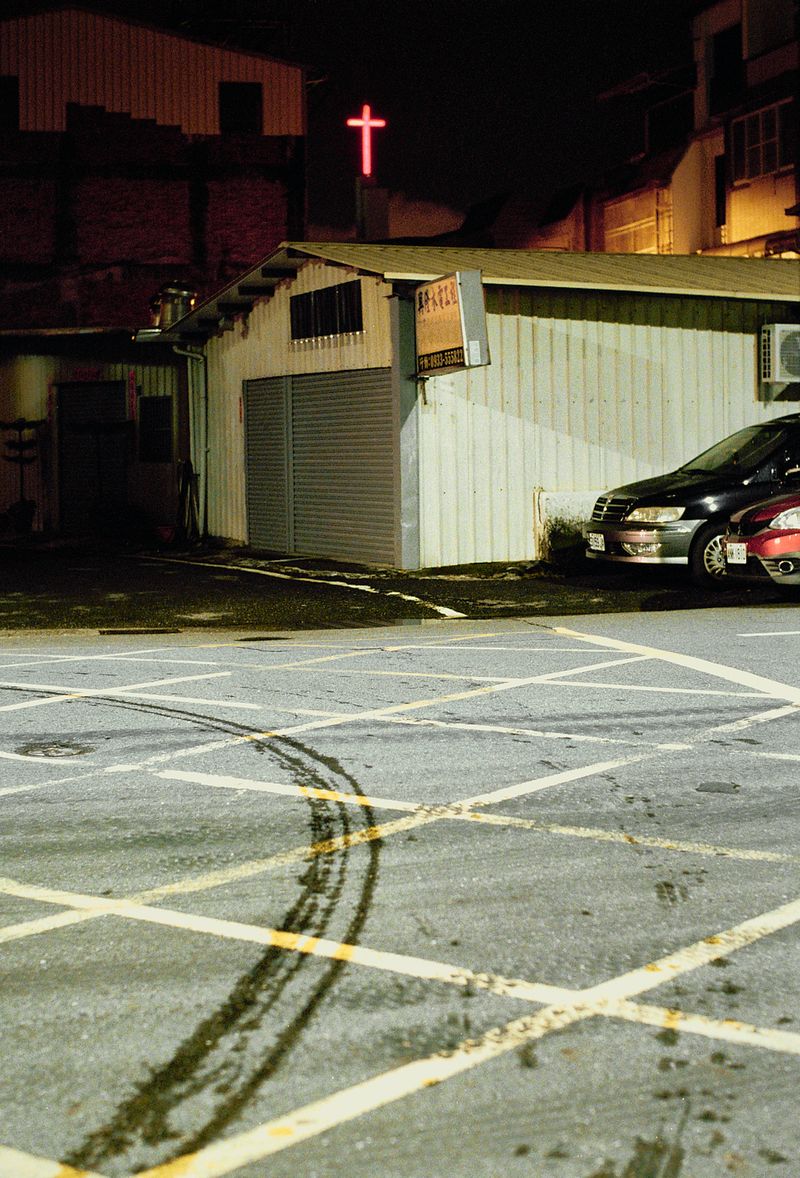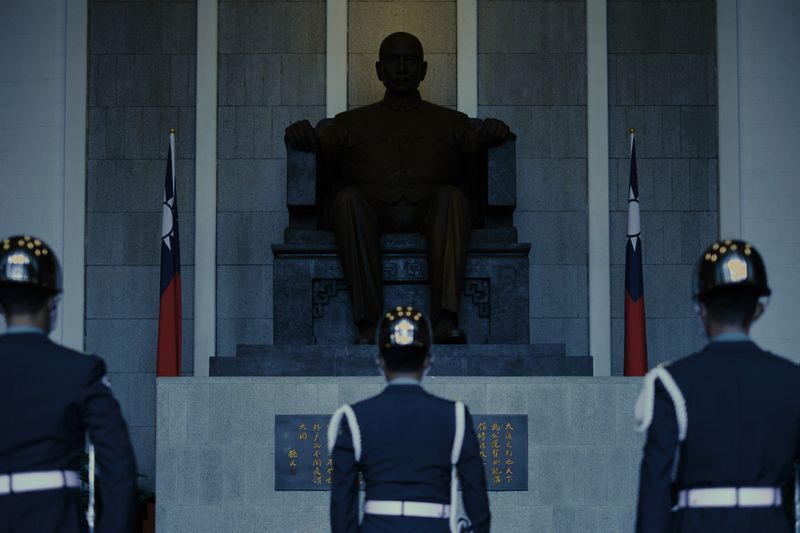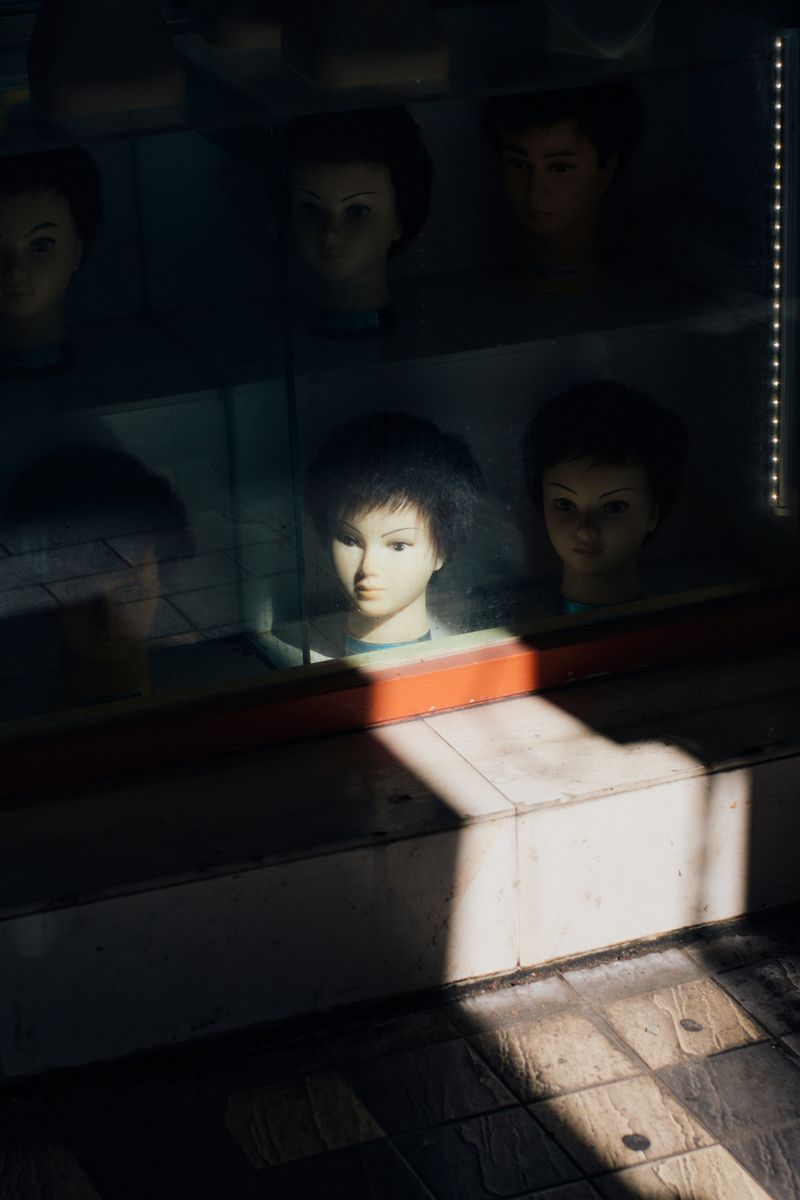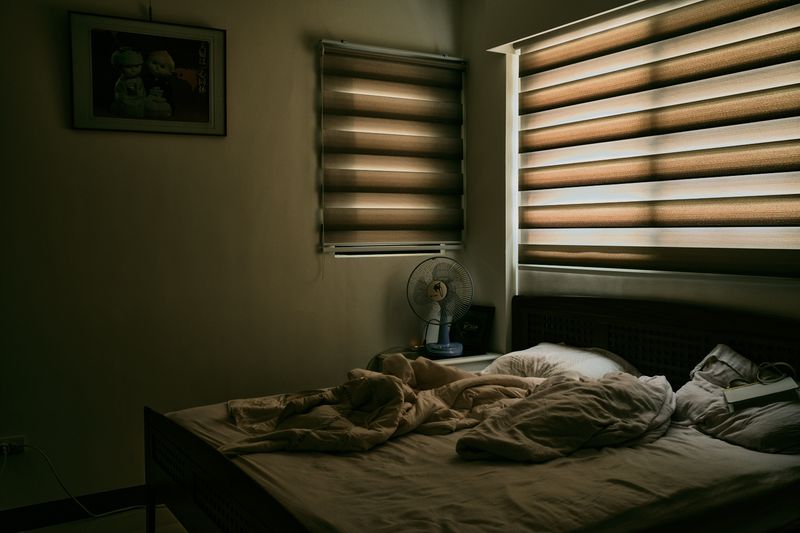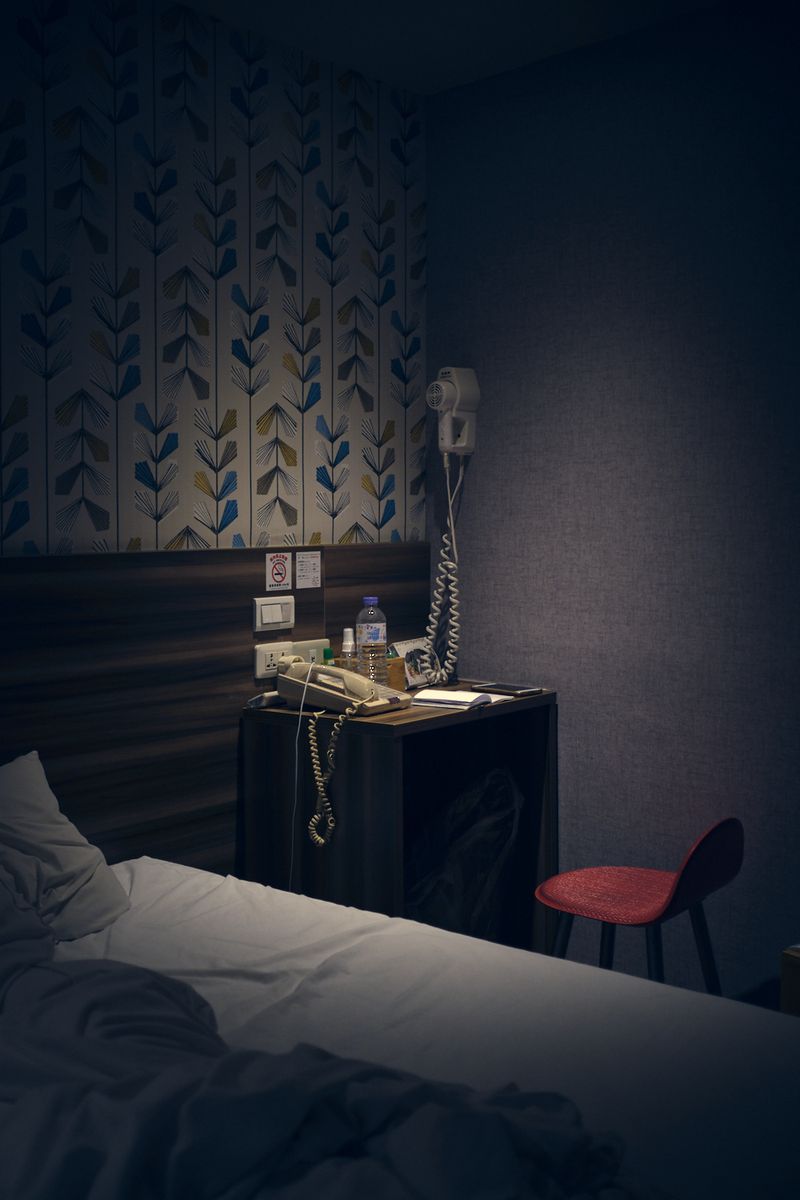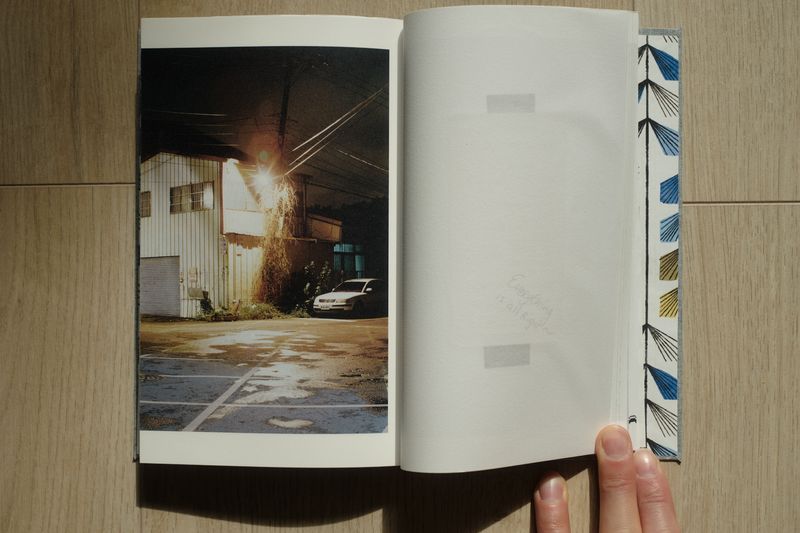Tomorrow Hotel
-
Dates2021 - 2025
-
Author
- Location Taiwan, Taiwan
-
Recognition
-
Recognition
If hotel can become home, and home transient: what does this mean for the identities we carry, and the utopias we long for? Confronting liminality, Tomorrow Hotel becomes a place of mourning, where hard identities crumble - reaching beyond identity.
Tomorrow Hotel takes you on a journey to the place between longing, and belonging. A project that started by noticing parallels between my long disbanded home country and Taiwan inside of a small Taiwanese quarantine hotel room. This was a mandatory stay in 2021, before entering the country.
Trough longing, mourning and reflecting on a non-existent Yugoslav identity - an imagined ‘‘utopia’’ - the hotel room transformed into a space where both the permanence as well as the transience of home and identity are questioned. Now, the hotel becomes a liminal waiting room in-between arrival and destination, where one resides when their identity nor homeland is no longer here, nor there.
Taiwan, shaped by Japanese colonization, and Chinese republican rule, has also arrived at its next stopover - striving toward independence. A condition I would describe as a Confucian confusion: endlessly contemplating on who they are, and where they belong. However, If a temporary stopover, like a hotel can attain homely qualities, and a home can become transitional like a hotel, overnight. What does this mean for the identities we carry, and the utopias we long for in our deepest fantasies?
When we lose something, we tend to cling to objects and subjects that preserve our memories. Letting go of those things feels like erasing the memory itself - preventing us from moving on. In Tomorrow Hotel, we see a world that is trying to move on, but finds itself haunted by the ghosts of its own past, leaving itself perpetually trapped between the sentiment of what once was, and a silent longing to that which will never be. As Mark Fisher (2014) writes : ‘‘A past that cannot disappear is the equivalent of a future that will never arrive.’’
By capturing the timelessness of interiors and exteriors - homes and hotels alike - Tomorrow Hotel, in turn, becomes a space of reconsolidation: a poetic representation of what it means to be in-between; to lose your place of belonging, while longing for somewhere to belong. It ultimately offers a space to reflect what on what lies beyond that longing - a liminal journey of a person, or perhaps a nation, coming to terms with its past in order to re-define themselves in an ever-changing world.
Conclusively, Tomorrow Hotel is accompanied by two short essays on identity, of which the introduction contemplates on a Taiwanese perspective on identity, while the epilogue delves deeper on the dichotomy of identity itself, presenting a challenging perspective on the subject.
The book, printed on mostly biotop, calligraphy, and the occasional satogami paper, is bound with the traditional Chinese stitch binding. Also known as the ''Japanese binding'', this method of binding is much cherished, but has slowly faded into the background due to outside influences and the emergence of more efficient book designs. The book itself, is designed in the layout of such traditional books, while adding design elements and materials resembling the hotel room where the project began - Tomorrow Hotel. Reading this book feels like stepping into this liminal space, encountering all the stories and dreams that reside within it.
Wishing you a warm welcome,
Dragan Saric

